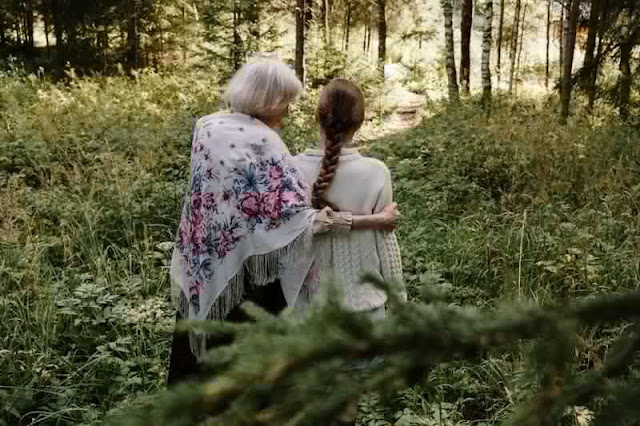FOOD AND FESTIVITIES - HOW FOOD UNITES PEOPLE
With Eid around the corner, one of our major discussions at home is about the cooking plan on the day of Eid. Even if we are away from home, my husband and I are trying to make it as good as at home this time. For us, Eid is the most important occasion, and if you didn't know this already, Eid-al-Fitr (Eid of charity) is celebrated as Ramadan and Eid-al-Adha (Eid of sacrifice) is celebrated as Bakrid. Both of these occasions revolve so much around food, such as sacrificing and donating it to those in need.
Eid, for us, is not just a festivity but a day that shows us ways to lead our lives by example. During the month of Ramadan, Muslims worldwide give up on their food, which is the most irresistible part of human life. We start the day by waking up as early as before dawn and have a meal before sunrise, which is called sahari. The Sahar food is either prepared the night before or early morning before 3 AM. The fast is broken at dusk as the sun sets, and the Iftaar meal is shared among friends and neighbours. The Nombu kanji, a rice porridge made with vegetables and minced meat, is an exquisite delicacy that deserves all the wait over a year. We have people around us who are more fond of the nombu kanji than we are, and every evening during Ramadan, we share with them the porridge and the snack of the day. Before the day of Eid, a mandatory small donation is made for people in need to meet their demands in the form of food or money, and that's when Ramadan becomes complete.
Similarly, Bakrid is celebrated in remembrance of the prophet Ibrahim, who was ready to sacrifice his son for God. God was pleased with his piety and replaced his son with a goat for offering. During every Bakrid, Muslims around the world offer a sacrifice for God before sharing the meat with the needy, friends and family in honour of the same. And hundred out of hundred times, the meal for the day on Eid would be chicken or mutton Biriyani with its accompaniments. That's how food has become the most essential part of Eid celebrations all around the world.
As a South Indian who grew up in a street where people of all religions coexisted peacefully, every festival felt like Eid to me. During Diwali, our neighbours, friends and colleagues would send us sweets as early in the day as possible, and we would savour them for days together. The big bonus as a child was getting crackers as a gift from neighbours, along with Diwali palagaram (snacks and sweets). And on occasions like Pongal, we wouldn't cook breakfast or lunch at home because we would already be drowsy on the Sakkara (sweet) Pongal and Ven (white) Pongal from our neighbours, and that would be the meal of the day for us.
Every Christmas, a mandatory Christmas cake would come from our neighbour Aunty, who spends her Christmas alone at home while her children are away. And as I grew up and started working, I realised there were more festivals to celebrate as food kept coming from friends and colleagues. On Sadhyas, none of us would eat in the hospital canteen or at home. Instead, food would be served in one of the chambers, which would function as a makeshift dining hall for the day. Kerala cuisine served on banana leaves when you are starving hits differently.
In the same way, every Eid, we would prepare biriyani for at least 60 to 70 people, and it would be shared among neighbours, friends and family. Only after the parcels had left home would we turn to our plates to enjoy the feast. On certain occasions, Ma would prepare vegetable biryani for her favourite neighbour as she was vegetarian. This is what celebration has been for me since childhood, and it completely baffles me to learn that people can be divided in the name of religion by hatemongers when all that was needed was a shared community and a hearty meal together.
This post is a part of #BlogchatterFoodFest 2024.
#penbooksandscalpel






This articles makes me miss my muslim friends. I miss having sheer kurma and biryani made by their ammi :) Well said, food and culture unites us all. I love having friends of all caste and communities, there is so much to learn from every religion and India is blessed to have so many different communities :)
ReplyDelete